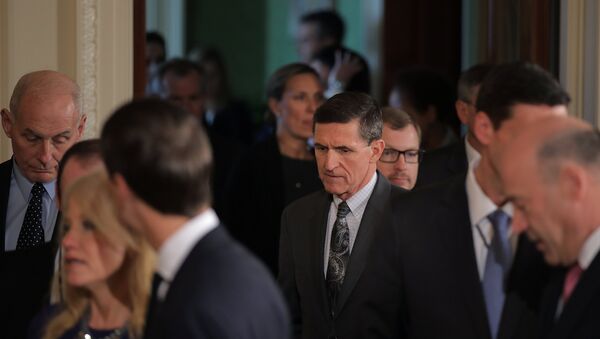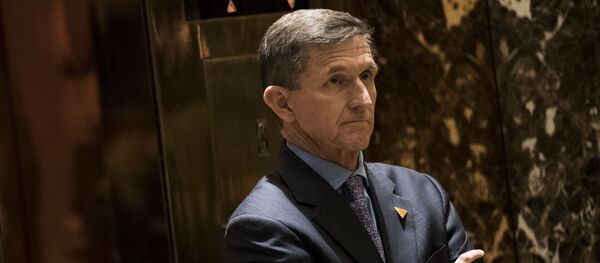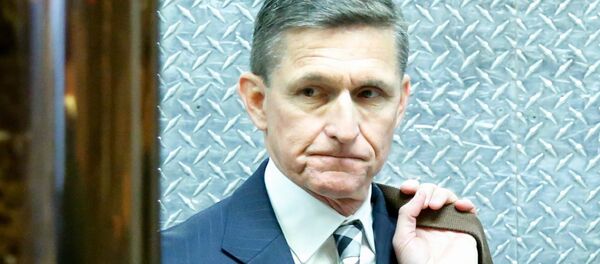"I think the internal fragmentation of Trump’s administration on the issue of relations with Russia has played a role here," Pushkov said, commenting on Flynn’s resignation.
Pushkov stressed that Flynn was not a pro-Russian politician, but had advocated cooperation with Russia on just one issue – combating the Islamic State (ISIL or Daesh, outlawed in Russia) terrorist organization. Due to this fact, he was rejected by "the political and media elite outside of the administration", although some members of Trump’s administration, "people like [US Secretary of Defense James Norman] Mattis and [Director of the Central Intelligence Agency Michael] Pompeo, are [also] quite satisfied with the resignation of Flynn".
Late on Monday, Flynn resigned after he was repeatedly accused of having discussed sanctions with Russian Ambassador to the United States Sergey Kislyak in December and hiding the details. Flynn’s phone communications with Kislyak have raised questions about whether he had broken the Logan Act of 1799 that prohibits private US citizens from engaging with foreign nations in diplomatic disputes. To date, no American has been penalized for violating the Logan Act.




